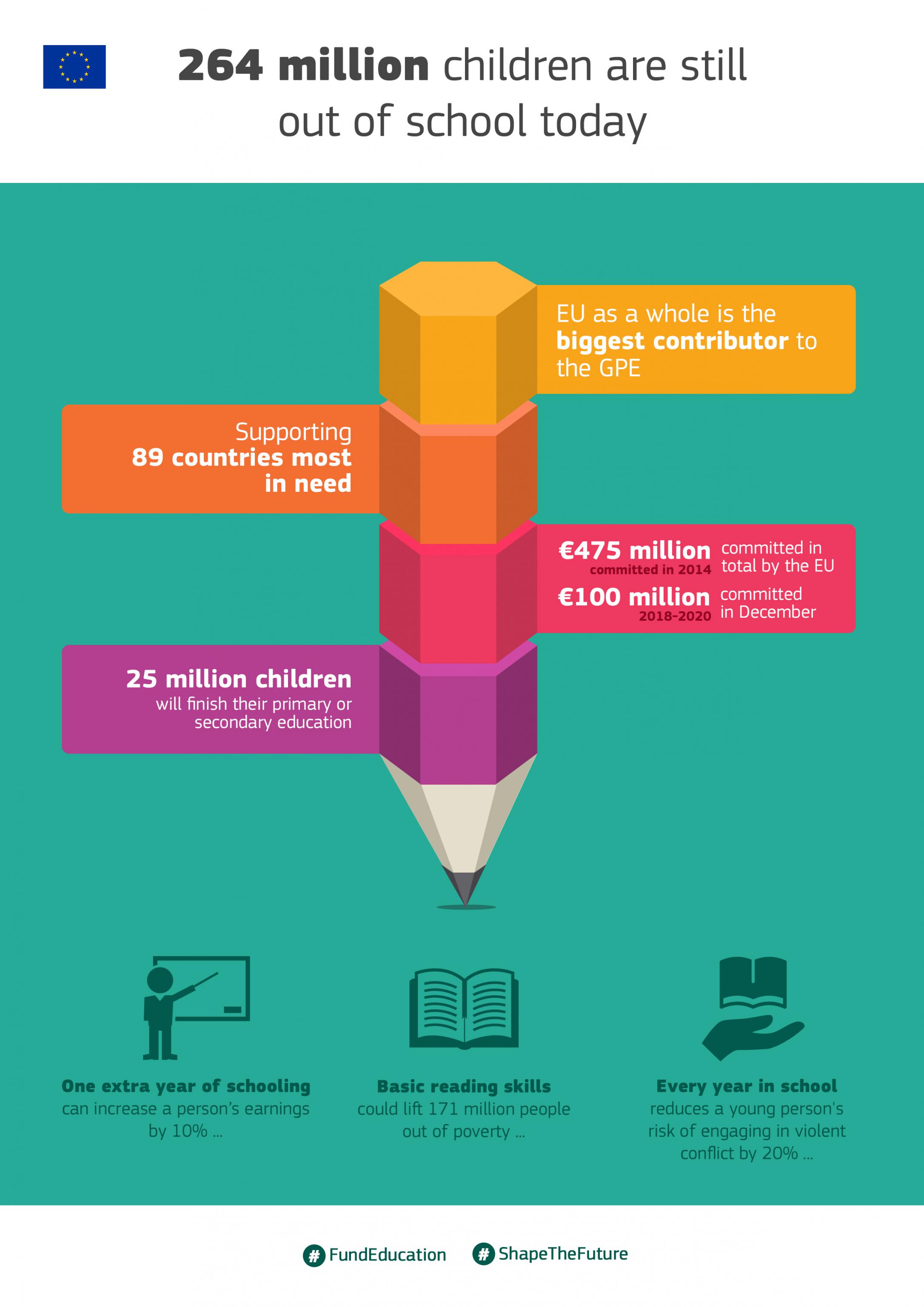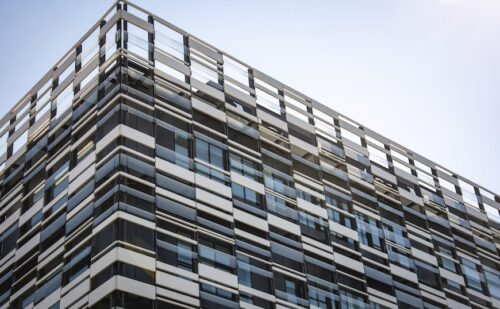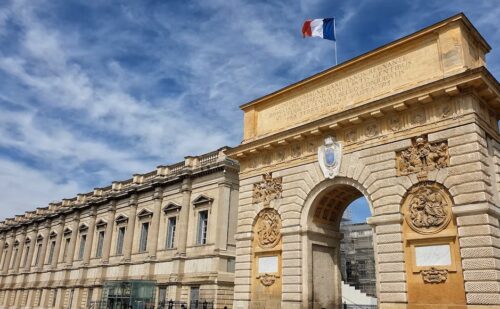
EU leads international efforts to ensure education for all
By Aoileann Ní Bhroin
Posted: 16 February, 2018
Commissioner for International Cooperation and Development, Neven Mimica, has told the Global Partnership for Education Conference in Dakar, Senegal that global leaders must step up their investment in education.
Commissioner Mimica has called on the international community to reverse the current trend of declining financing for education: “I am pleased to see so many political, corporate, philanthropic and civil society leaders here in Dakar to make the Global Partnership for Education stronger. Investing in quality education is key for addressing various sustainable development challenges, including health, sustainable growth, job creation and long-term peace and stability. I proudly recall the European Union’s early commitment to the GPE replenishment and invite all leaders to join us in shaping a better future while leaving no one behind.”
The EU’s announcement in December 2017 to replenish the Global Partnership for Education with an additional €100 million is a clear sign of EU’s determination to help ensure inclusive and equitable quality education and to promote lifelong learning opportunities for all, thus contributing to the Sustainable Development Goals achievement. This announcement came on top of €375 million already committed in 2014.

Through EU support, the GPE managed to achieve that:
- 72 million more children were in primary school in 2015 compared with 2002.
- 76% of children in GPE partner countries completed primary school in 2015 compared to 63% in 2002.
- The primary school completion rate for girls went up to 74% in 2015 compared to 57% in 2002.
- 78% of GPE partner countries maintained or increased their education budget at or above 20% of public expenditure in 2015.
Background
The EU as a whole is the biggest contributor to the Global Partnership for Education, providing 63% of its overall funds. The EU is also a global leader in supporting education in emergencies through its humanitarian aid programmes, supporting millions of children in 50 countries around the world.
Furthermore, the EU supports developing partner countries with bilateral support programmes for education worth around €3.4 billion, as well as €300 million for Vocational Education and Training and €1.4 billion for higher education (Erasmus+).
Many countries have made historically unprecedented progress in increasing enrolment. For example, Niger increased primary completion rates from 20% in 1999 to 69% in 2015.
In Ghana, GPE helped to improve policy and planning, and to strengthen school supervision and teacher training. The most recent grant targeted 75 of the most deprived districts helping to institutionalise in-service training and provide small grants to schools to upgrade their facilities and learning materials.
In Yemen, GPE supported the development of new science and math curricula, buy 35,000 school kits for distribution in areas where drop-out rates for girls are highest, train nearly 600 education specialists and social workers, create a recruitment strategy for female teachers to encourage girls to go to schools, and provide basic school furniture and supplies for 37,380 children.
For More Information
Global Partnership for Education Replenishment 2020
Overview of EU’s commitment to education in partner countries


